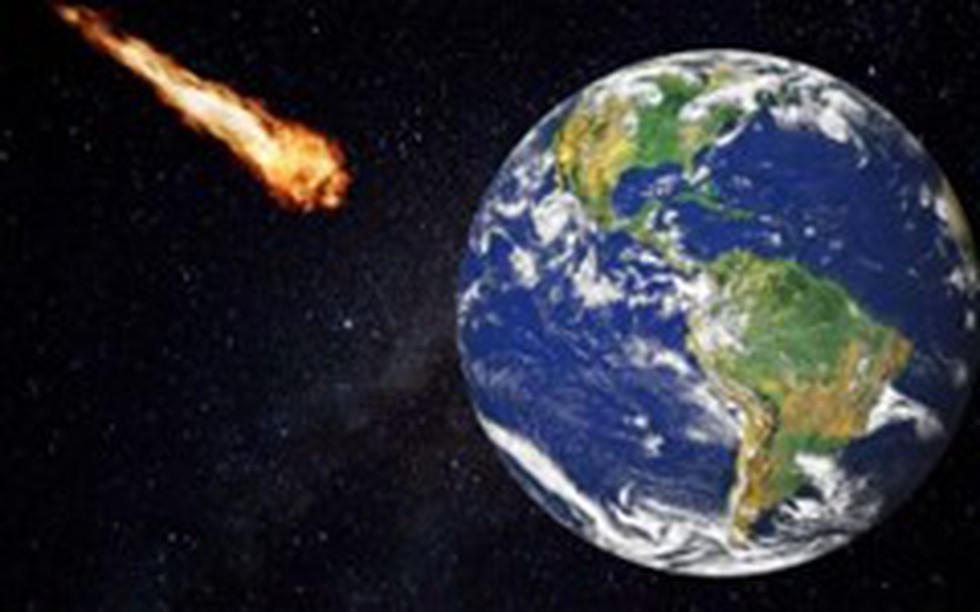About World Asteroid Day:
- It is observed on June 30 every year.
- The day aims to raise awareness about asteroid impact hazards and crisis communication actions in case of a credible asteroid threat to planet Earth.
- The day also aims to educate people about the latest and upcoming asteroid research and technology through numerous events and activities held by organisations across the globe.
- History:
- The United Nations General Assembly (UNGA) passed a resolution in December 2016, designating June 30 as International Asteroid Day.
- The UNGA adopted the resolution based on the proposal made by the Association of Space Explorers, endorsed by the Committee on the Peaceful Uses of Outer Space (COPUOS).
- The date was chosen to commemorate the anniversary of the Tunguska asteroid’s impact over Siberia on June 30, 1908.
Tunguska Event:
- It is considered the biggest asteroid impact in recorded history when an asteroid exploded a few kilometres above the Tunguska region of central Siberia.
- It flattened more than 80 million trees in seconds, over an area spanning nearly 800 square miles (2,000 square kilometres) — but left no crater.
What is an Asteroid?
- Asteroids are small, rocky objects that orbit the sun.
- Although asteroids orbit the sun like planets, they are much smaller than planets.
- They are leftovers from the formation of our solar system.
- From being as small as 10 meters across to as huge as 530 km in diameter, asteroids have varied sizes.
